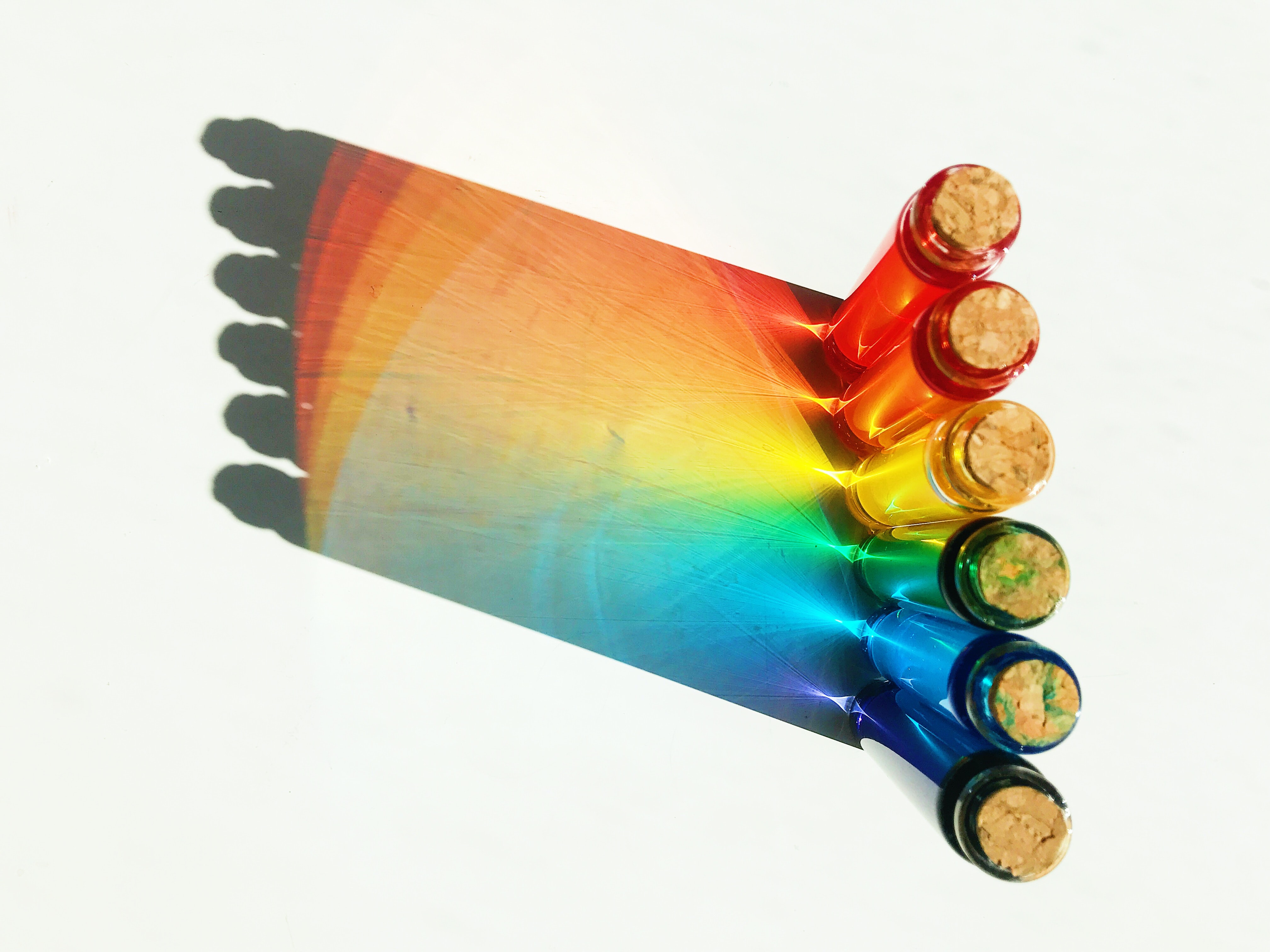What You Need to Know About Full Spectrum CBD and its Benefits

CBD has been at the centre of research, clinical trials and anecdotal reports for years. Because of its many potential therapeutic benefits, its popularity keeps rising. But finding the right CBD product can be a bit of a challenge because there's such a variety available.
You may have noticed the different compositions on the labels, but haven't a clue what their differences are and which one is best to use. So here's a full run down that'll help make your choice easier in deciding what's right for you.
What is full-spectrum CBD?
Full-spectrum CBD is a form of CBD oil that contains multiple extracts from the cannabis plant. These extracts can include:
-
Cannabinoids
These are the chemical compounds that make up the cannabis plant. They are activated by receptors in the Endocannabinoid system(ECS). The most commonly used cannabinoids are Cannabidiol and Tetrahydrocannabinol(THC). There are over 100 cannabinoids that can be found in cannabis.
-
Terpenes
These are the aromatic compounds found in all plants. They're what gives fruits their citrus smell. Cannabis has a high concentration of terpenes, giving to its strong and distinct smell. Terpenes can be used in essential oils for therapeutic reasons as they may affect a person's mood. It is thought that they are absorbed and used by the body through the ECS and so can enhance the effects of CBD consumption. This is known as the entourage effect.
-
Flavonoids
These give plants their rich colours, the most common being yellow, as well as contribute to their aroma and flavour. They provide nutritional value to both humans and plants. Flavonoids contribute to the entourage effect and interact with the ECS, resulting in anti-inflammatory, antioxidant and antibacterial benefits. More than 20 flavonoids have been found in cannabis.
Full-spectrum CBD oils are the most commonly used CBD product for medical purposes. It is said to provide the body with nutrients like protein, fatty acids, essential vitamins and fibre.
What is full-spectrum CBD good for?
There are a variety of conditions that full-spectrum CBD has shown to be good therapeutic remedies. These are:
- Insomnia
The cannabinoids in full-spectrum CBD help improve sleep. They have the potential to relax the body and mind. 42% of users take CBD to help them with their insomnia.
- Mental health
Studies have shown that CBD can increase serotonin levels and produce a calming effect. This is due to the interaction with the ECS, which takes some responsibility in the control of how our bodies react to stress-related conditions. Surveys showed that 49% of people in the US use CBD to help them deal with anxiety and stress.
- Cancer
Though there is still ongoing clinical research, there has been anecdotal evidence of CBD treatments for cancer, its symptoms and the side effects of traditional treatments such as nausea and appetite loss. CBD has also been shown to potentially reduce tumours and affect their metastasis.
- Chronic aches and pains
The cannabinoids in CBD interact with the nervous system to give pain relief. Some studies have shown that full-spectrum CBD can be used to relieve pain from arthritis and other conditions. About 64% of CBD users use it to treat pain and 27% for arthritis alone.
- Inflammation
CBD also helps reduce inflammation by interacting with neurotransmitters. Depending on the dose and the form of CBD i.e. topical cream, oil or consumable, the effects can be felt within 15-20 minutes of use.
What is the difference between full-spectrum CBD and other forms of CBD?
There are mainly three forms that CBD can come in. Full-spectrum, which we know contains multiple or all of the extracts from the cannabis plant, CBD isolate and broad-spectrum CBD.
CBD Isolate is CBD in its purest form. It's when the CBD has been removed from the plant and "isolated" from the other compounds. Isolate is thought to have a weaker impact on the body. It also may not last as long because it doesn't have the entourage effect like full spectrum CBD has.
Broad-spectrum CBD contains all of the naturally occurring cannabis compounds. But unlike full spectrum CBD, it has no THC. It does, however, share the advantage of the entourage effect.
A breakdown of the 3 different forms of CBD
|
Full Spectrum CBD |
Broad Spectrum CBD |
Isolate CBD |
|
Contains multiple extracts |
Contains multiple extracts |
Contains only CBD |
|
Contains THC |
Doesn't contain THC |
Doesn't contain THC |
|
Has the entourage effect |
Has the entourage effect |
Doesn't have the entourage effect |
Is full spectrum CBD better?
A CBD product can be made up of varying ratios of extracts from the plant. This produces different strains which can impact the body depending on the chemical reactions they cause in the body.
For this reason, some products may be better suited for pain management and others for improving sleep or relaxing the mind.
The differences in the strains result in the entourage effect, which is when all of the extracts work together in perfect harmony. This is said to give full spectrum CBD its advantage for medicinal purposes because it significantly increases the activity of cannabinoid receptors and enhances the effects of the product.
Due to the entourage effect, full-spectrum CBD could be better depending on the conditions that it is being used to treat. The inclusion of THC could also increase the entourage effect, making full-spectrum more beneficial than broad spectrum.
Does full spectrum CBD make you high?
Full-spectrum CBD contains THC, the compound in cannabis that causes psychoactivity, or the feeling of being high. However, they usually only contain up to 0.3% of THC, which is not a significant amount to have this effect on consumers.
Conclusion
Full-spectrum CBD has the potential to treat many different conditions and also poses better benefits over its other counterparts because of its compositions. But you should always read the label before purchasing any form of CBD so you are aware of what exactly is in the product. Doing so will also ensure that you are comfortable with consuming all of the ingredients. It is important to check with a doctor before you take CBD oil to make sure there are no possibilities for contraindications with other conditions or treatments you may be on.














